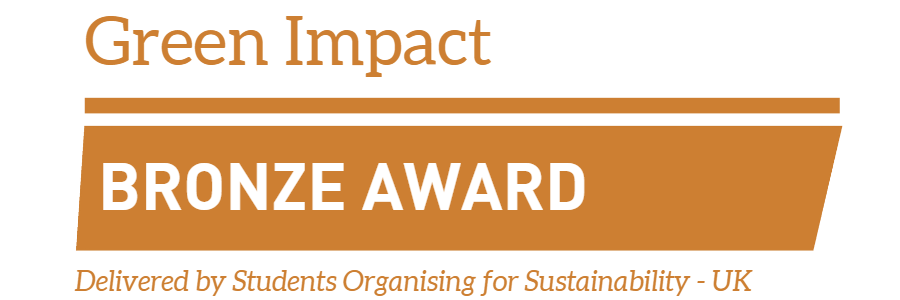Safeguarding
Definition:
Abuse is when someone does or says things to you that make you upset or hurt you, or when they take things from you. You may not feel able to tell people to stop hurting you or to get help. Abuse is not your fault and it is always wrong.
Abuse is not always done on purpose. Sometimes someone who is ill may strike out and abuse the carer or the person helping them. Sometimes a carer may be totally exhausted, emotionally drained and unable to cope.
Physical abuse – This is when someone physically hurts you.
Emotional abuse – This is when people say bad things to hurt your feelings or shout at you. It can include people calling you names, threatening or ignoring you.
Sexual abuse – This is when someone makes you do sexual things that you don’t want to. It might be when someone touches you in places you don’t want them to or makes you touch them or have sex with them.
Financial abuse – This is when someone takes your money or possessions without asking or forces you to let them take things, or misuses your property, possessions or benefits. It can also be when you are not allowed to spend your own money how and when you want.
Neglect – This is when you are not being looked after properly. It can include being hungry, dirty or cold much of the time and not getting the support you need. It also includes not receiving appropriate health services and medication.
Discrimination – Everyone has the right to be treated equally and express and practice their beliefs and values. Discriminatory abuse is when someone picks on you or treats you unfairly because something about you is different. It might be because of your skin colour, a disability, your religion, gender, sexuality or your age.
Who might abuse you?
Anyone could abuse you. It could be someone you know or a stranger.
Where can it happen?
These kinds of abuse can take place anywhere, including in your own home or in institutions like care homes.
Here are some other places where abuse might happen:
- at a day centre or college
- at a club
- in a hospital
- at work
Why is abuse bad?
Adult abuse can affect people in many ways. It can severely impact on an individual’s day to day functioning, causing helplessness and hopelessness, resulting in financial difficulties, increasing dependency and a deterioration in health, quality of life and well-being.
Who can I tell?
Tell someone you trust, as soon as you can, like:
- a family member
- the police
- a social worker
- a friend
- a nurse
- staff who support you
- a doctor
- a religious leader
You can report concerns that you or someone else may be suffering from abuse, to Hackney Council’s safeguarding teams.
To report about a concern for someone aged over 18, contact Hackney Adults Safeguarding Team
- call 020 8356 5782 (9am to 5pm, Monday to Friday)
- email adultprotection@hackney.gov.uk
- fill in a referral form and send it to them
On a weekend, bank holiday or a weekday after 5pm, call the out of hours service on 020 8356 2300.
To report a concern for a child or young person, contact Hackney Children and Families Services Multi Agency Safeguarding Hub (MASH)
- call 020 8356 5500 (9am to 5pm, Monday to Friday)
- email MASH@hackney.gov.uk
- outside of office hours, if your concerns are urgent, you can call the Emergency Duty Team on 020 8356 2710
If you think someone is in immediate danger, call the police on 999.
Once you make contact with the Safeguarding Team, they will:
- listen to you and take your concerns seriously
- help you stay safe
- understand that you may be afraid to talk about abuse
- give you information so that you can decide what should happen next and you understand what kind of help and support is available to you
- keep you up-to-date with what is happening
Hackney is making safeguarding personal. We know everyone is different and will need a different approach and follow on support, depending on their situation and circumstances.
You can also choose to have a person you trust with you, such as a family member, personal assistant or advocate.





